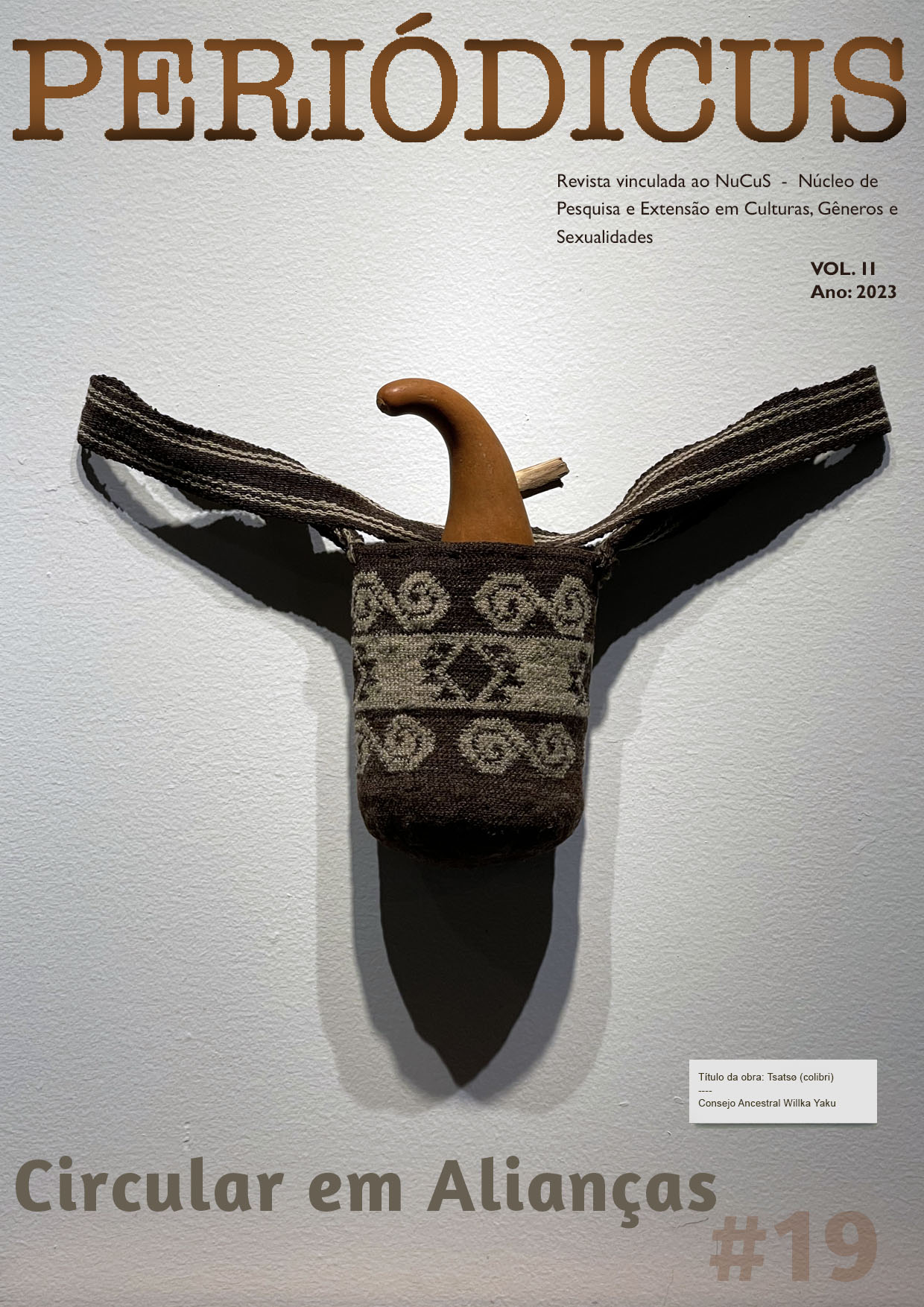The “Empire” Strikes Back
A Posttranssexual Manifesto
DOI:
https://doi.org/10.9771/peri.v2i19.53117Abstract
In this essay considered to be the founding landmark of American transgender studies, Sandy Stone, analyzing autobiographies of trans women and medical literature, examines and challenges the way in which medical knowledge has historically investigated and cultivated normative conceptions about transsexuality. The author points out cisheteronormative assumptions that guided the production of knowledge by medical professionals about gender variance and connects this field of research and intervention with trans-exclusionary feminist discourses in a fundamental aspect: the thought of trans people as alienated and incapable of understanding and expressing truth about themselves. If at first it can be read as a response to the anti-trans book “The Transsexual Empire” by Janice Raymond, “The Empire Strikes Back” proves to be more than that: it is a critique of the exclusion of trans people from the regime of enunciation about trans subjectivity and experience, and a call for such subjects to appropriate themselves of their transformative and disruptive capacity, participating in the formation of a counter-discursive intellectual, creative and political movement.
Downloads
Downloads
Published
How to Cite
Issue
Section
License
Copyright (c) 2023 Lux Ferreira Lima (ile/dile); Sandy Stone; Maurício Rodrigues Pinto

This work is licensed under a Creative Commons Attribution-NonCommercial 4.0 International License.
Autores que publicam nesta revista concordam com os seguintes termos:
Autores mantêm os direitos autorais e concedem à revista o direito de primeira publicação, com o trabalho simultaneamente licenciado sob Licença Creative Commons Attribution Noncommercial que permite o compartilhamento do trabalho com reconhecimento da autoria e publicação inicial nesta revista, sendo vedado o uso com fins comerciais.
Autores têm autorização para assumir contratos adicionais separadamente, para distribuição não-exclusiva da versão do trabalho publicada nesta revista (ex.: publicar em repositório institucional ou como capítulo de livro), com reconhecimento de autoria e publicação inicial nesta revista.
Autores têm permissão e são estimulados a publicar e distribuir seu trabalho online (ex.: em repositórios institucionais ou na sua página pessoal) a qualquer ponto antes ou durante o processo editorial, já que isso pode gerar alterações produtivas, bem como aumentar o impacto e a citação do trabalho publicado (Veja O Efeito do Acesso Livre).







